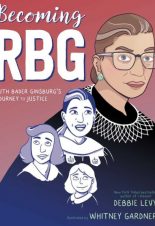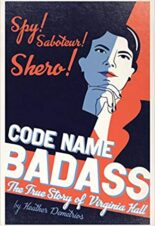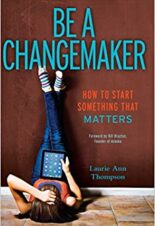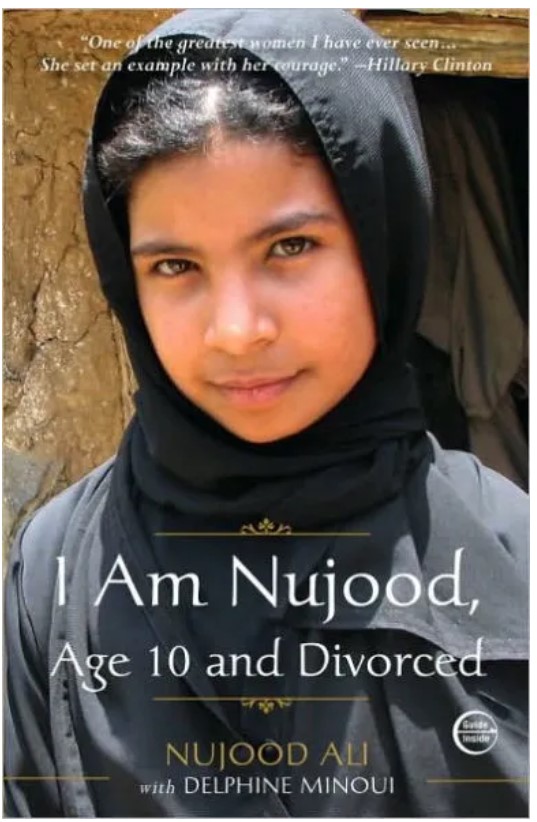
Buy This Book
“Compared to dreams, reality can be truly cruel. But it can also come up with beautiful surprises,” Nujood. –I Am Nujood, Age 10 and Divorced
I Am Nujood, Age 10 and Divorced
by Nujood Ali & Delphine Minoui
AR Test, Teaches About Culture
13+
Score
6.2
192
Nujood Ali’s childhood came to an abrupt end in 2008 when her father arranged for her to be married to a man three times her age. With harrowing directness, Nujood speaks of her husband’s abuse and her daring escape. With the help of local advocates and the press, Nujood obtained her freedom—an extraordinary achievement in Yemen, where almost half of all girls are married under the legal age. Nujood’s courageous defiance of both Yemeni customs and her own family has inspired other young girls in the Middle East to challenge their marriages.
I Am Nujood, Age 10 and Divorced allows readers to step inside of Nujood’s life and experience the horrifying experience of being a child married to an abusive man. Since Nujood tells her own story, readers can easily empathize with her. However, many readers may have a difficult time understanding how child marriages are considered normal due to Yemin’s culture and poverty. Nujood’s experiences will leave a lasting impact, but the details of abuse may cause nightmares.
Nujood’s experience shines a light on Yemeni culture, especially their view of women, who have no power of choice. After Nujood is married, her mother-in-law is just as cruel as her husband. When Nujood tells her parents of the abuse, they are more concerned with the family’s honor than Nujood’s well-being. But the hopelessness of Nujood’s situation doesn’t stop her from bravely going against her family’s and her culture’s beliefs in order to divorce her husband.
Nujood’s siblings also suffer because of their family’s poverty. As a child, Nujood’s sister, Mona, was raped and forced to marry her attacker. Then when Mona’s husband is put in jail for adultery, Mona loses custody of her daughter. Meanwhile, Nujood’s brother runs away from home hoping to find a better life. When he disappears, the family wonders if he has become the victim of sex traffickers. While readers will feel empathy for Nujood’s family, the graphic details are disturbing and emotionally upsetting.
The story has a hopeful ending. On November 10, 2008, Nujood was named “Woman of the Year” by Glamour. The epilogue explains how this changed Nujood’s life. Unfortunately, if readers do more research about Nujood, they will find that Nujood was not able to break free from her family and fulfill her desire to be a lawyer. Many people in Yemen were not sympathetic to Nujood, but supported her father. In addition, women are not allowed to own money so Nujood’s father was able to squander her money. Nujood eventually remarried without realizing her dreams.
Reading I Am Nujood, Age 10 and Divorced may leave readers feeling helpless. However, readers who want to learn more about child marriages should read Girl Rising: Changing the World One Girl at a Time by Tanya Lee Stone; this book doesn’t give graphic details of abuse and it provides age-appropriate advice on how teens can help change the lives of girls in poverty-stricken countries.
Sexual Content
- Nujood’s brother, Fares, ran away from home. Her parents speculated that “Fares had been the object of child trafficking.” The notes at the back of the book explain the cultural significance of child trafficking and how most cases of sexual abuse are rarely recorded.
- One of the reasons Nujood’s father wanted her to get married is to “protect her. . . This way she won’t be raped by a stranger and become the prey of evil rumors.” Nujood’s husband “promised not to touch Nujood until she is older.” Despite this, Nujood’s husband raped her on their first night together.
- On Nujood’s first night with her husband, he came into her room. “I recognized him right away from that overpowering odor of cigarettes and khat. He stank! Like an animal! Without a word, he began to rub himself against me.”
- Nujood tries to fight her husband. “When he took off his white tunic, I rolled into a ball to protect myself.” Nujood screamed for help, but no one came. “Suddenly it was as if I’d been snatched up by a hurricane, flung around, struck by lightning . . . it was then that something burning, a burning I had never felt before, invaded the deepest part of me. No matter how I screamed, no one came to help me. It hurt, awfully, and I was all alone to face the pain.” The rape is described over three pages.
- After Nujood runs away, she spends the night at a judge’s house with his family. “What happiness, not to fear blows from a stick, or tremble at the thought of going to bed, or flinch at the slightest sound of a door closing.” Nujood has nightmares about her abuse.
- After Nujood’s wedding night, both her mother-in-law and sister-in-law barge into Nuood’s room to congratulate her. Nujood is embarrassed to be found naked next to her husband. “There he is, on the mat, sound asleep. . . What a monster! On the rumpled sheets, I see a little streak of blood. . . With a sly smile, she studies the red stain.” Nujood wondered why neither of the women came to help her as she screamed.
- Nujood’s nights become “hell.” Her husband would return home and “when night fell, I knew what would begin again. The same savagery, the same pain and distress. . . the sheets getting all twisted up. . . It was on the third day that he began hitting me.”
- When Nujood told her mother about her experiences, her mother said, “That’s how life is. Nujood: all women must endure this; we have all gone through the same thing.”
- Mona, Nujood’s sister, had a turbulent marriage. Mona explains, “Mohammad, my husband, had been found in our oldest sister Jamila’s bedroom. I’d been having my suspicions for some time. . . I had people come who caught them red-handed.” Both Mona’s husband and sister are put in prison for adultery.
- When Mona was younger, a thirty-year-old man appeared at her house. “He began making advances toward me, and no matter how hard I tried to chase him away, he managed to push me into the bedroom. I fought back, I screamed, I yelled.” After the rape, Mona was quickly married to the man, “before rumors could spread . . . In the name of honor!”
- One of Nujood’s teachers tells her about a girl who “left school suddenly. . . I learned that the child had gotten married and had a baby. At thirteen!”
- The epilogue gives several other examples of girls who were forced to marry at a young age. One nine-year-old was married to a Saudi man and “died three days after her wedding. Instead of demanding an investigation. . . her parents hastened to apologize to the husband. . . and even offered him. . . the dead child’s seven-year-old sister.”
- A ten-year-old girl was married and later was “convicted of killing her husband.” She spent 10 years in jail before being released.
Violence
- One of Nujood’s brothers habitually hit her; however, the abuse isn’t described.
- When Nujood tried to fight off her husband, “he would start to hit me, first with his hands, then with a stick. Thunder and lightning, over and over. And his mother egged him on.” When Nujood tried to run from her husband, her mother-in-law said, “Hit her even harder. She must listen to you—she is your wife.” This description lasts for two pages.
- When the judge asks Nujood why she wants a divorce, she says, “Because my husband beats me.” Nujood wants to be, “Without a husband, without that dread of finding myself alone, at nightfall, in the same bedroom with him. Without that fear of suffering, over and over, that same torment.”
- Nujood’s mother-in-law demands that Nujood work all day. “Whenever I stopped for a moment, my mother-in-law pulled my hair with her filthy hands.”
- When Nujood tells her parents that she wants a divorce, her father says, “If you divorce your husband, my brothers and cousins will kill me! Sharaf, honor, comes first.”
- While Nujood’s parents were away, her sister Mona was sexually assaulted and then quickly married to her attacker. After Mona is married, her father is upset that the neighbors did not help Mona. He said that the “neighbors were responsible, that someone had certainly meant to harm him by attacking his children. . .” Her father confronted the neighbors. “The neighbors came back with revolvers. They threatened us, ordering us to get out of the village right away.” The family had to move away.
Drugs and Alcohol
- Someone from family planning gave Nujood’s mother, “a prescription for tablets to keep her from getting pregnant, and she took them from time to time, on days when she remembered them. One month later, though. . . her belly began to swell again.”
- In Yemen, many men, including Nujood’s father, would chew khat. “He claimed it helped him forget his troubles.” The notes page explains the cultural significance of khat and how it’s used to “forget hunger and fatigue.” The explanation lasts for more than half a page.
Language
- None
Supernatural
- None
Spiritual Content
- The story takes place in Yemen and often refers to Muslim traditions. For example, Nujood’s father tries to get a day laborer job “just after the first azaan, the tradition summons to prayer called out five times a day by the muezzins from the minarets of their mosque.”
- When Nujood goes to the court to request a divorce, she thinks, “If God exists, then let Him come save me. I have always recited the five required daily prayers. . . Oh God, have pity on me!”
- Several times Nujood refers to Ramadan, “The Islamic holy month of fasting.”
- Nujood’s mother had sixteen children, but four of them died before their birth and four died in infancy. When Nujood was born, her mother was “begging God to protect her newborn.”
- Before being married, Nujood and Mona would go look at the clothing shops that sold wedding dresses. Mona said, “God willing, you’ll have one like this the day of your wedding.”
- When Nujood learns that she is to be married, her sister Mona says that she is too young for marriage. Her father replies, “When the prophet Mohammed wed Aisha, she was only nine years old.”
- On her wedding day, Nujood and her mother “bowed down before God, reciting the first prayer of the day.”
- After getting married, Nujood travels to her new home with her husband’s family. Because the roads are bad, the driver says, “God made nature tough, but luckily he made men even tougher!” Nujood thinks, “If the driver is right, then God must have forgotten to include me.”
- After running away, the judge arranges for Nujood to live with her uncle, Shoyi. “I thanked God for not allowing Shoyi to reproach me for my boldness, or even mention my running away.”
- After being raped, Nujood “huddles in a corner, I pray for God the Almighty to come save me. I hurt everywhere. I’m terrified at the idea of spending my whole life with this beast. I’ve fallen into a trap and I can’t get out.”
- After getting a divorce, Nujood prayed. “I thanked God for not abandoning me these last few months. . . I also prayed for help for Aba and Omma, for them to earn some money, that my brothers could stop begging in the streets. . .” The prayer lasts for half a page.
- Nujood recites a passage from the Koran that praises Allah’s mercy and compassion and asks for strength.
“Compared to dreams, reality can be truly cruel. But it can also come up with beautiful surprises,” Nujood. –I Am Nujood, Age 10 and Divorced
Latest Reviews
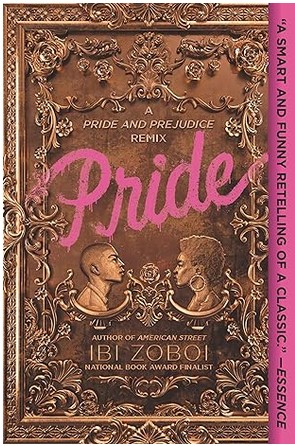
Pride: A Pride & Prejudice Remix

Thieves’ Gambit #1
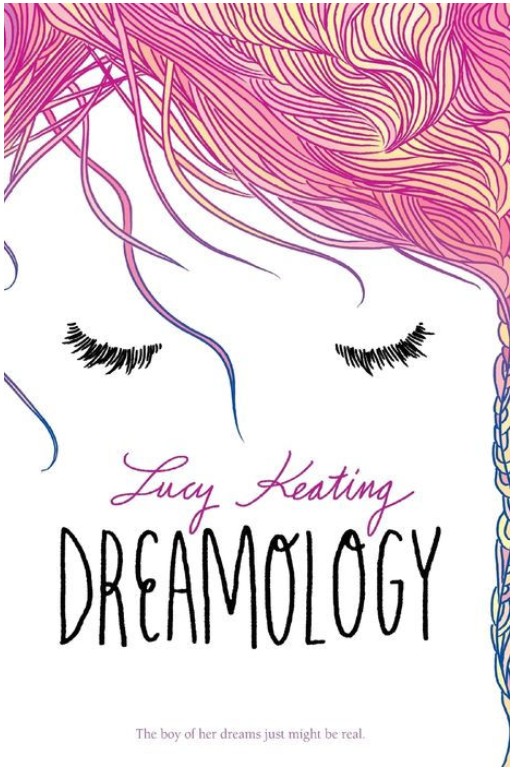
Dreamology
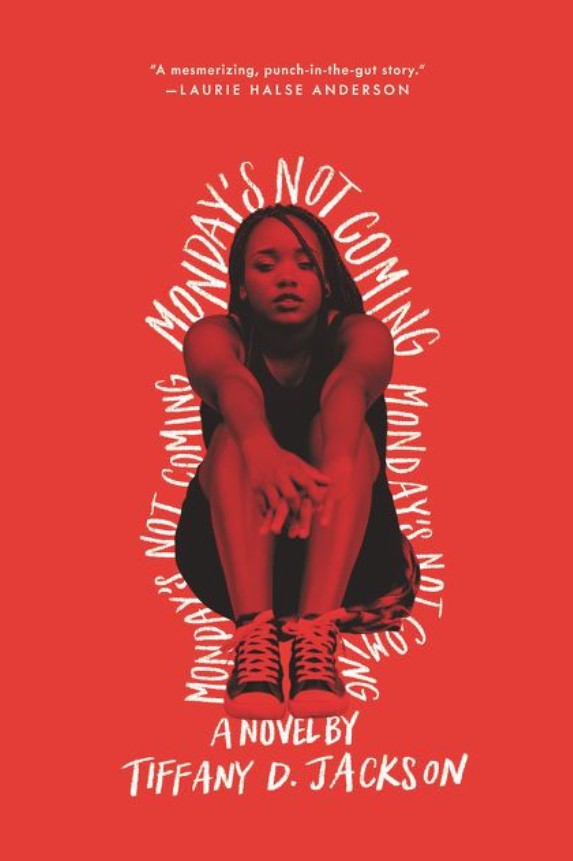
Monday’s Not Coming
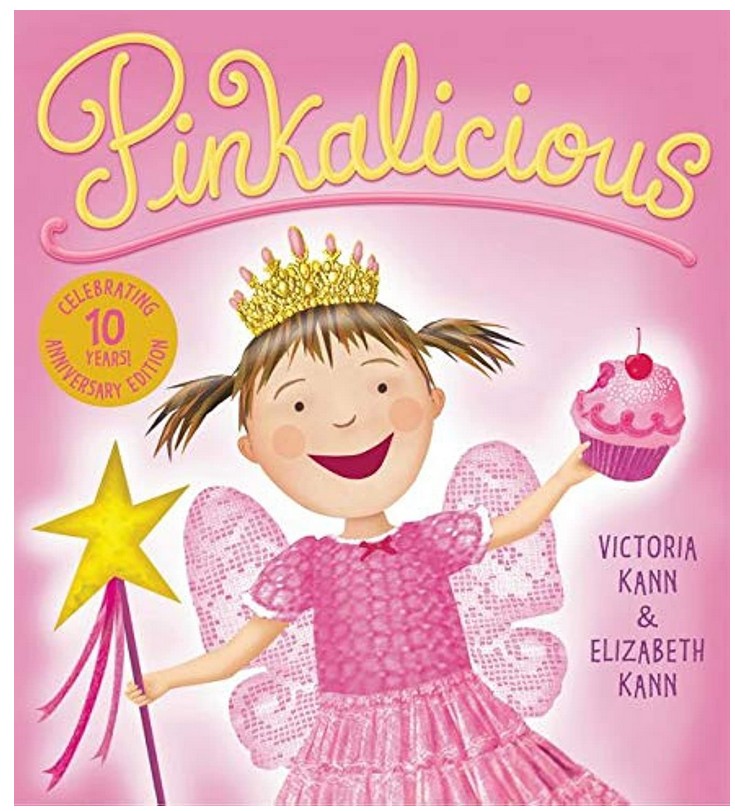
Pinkalicious

Driven

Goodbye Days

Blood of Troy

Will’s Race for Home

